Practical examination is an essential component of school and college curricula, and students often feel nervous about it. While theoretical lessons have standardized preparation processes, practical lessons and exams have a relatively less common preparation strategy. Therefore, for students to succeed in these exams, it is important to focus on key essentials that must be kept in mind. Let’s learn a few key essentials for success in practical examinations.
1.Clear your basics when preparing for a practical examination
Practical examinations might seem like a separate segment altogether, but they are deeply interconnected with the theoretical lessons taught in class. Theory helps students grasp the fundamental concepts, understand key principles, and then apply them practically. If students fail to understand the basics, it becomes very difficult to perform well in the practical exam. Therefore, focus on mastering the fundamentals during theoretical lessons.

Don’t try to memorize concepts; instead, understand how things work and practice exercises thoroughly. This will help you handle practical exams with ease. Always remember that theory comes before practice—both are equally important, but one isn’t useful without the other. Use online resources when textbooks fall short, for bite-sized content that aids visualization.
2. Understanding experimental concepts during preparation
The next step after mastering basic theory is relating it to practical classes. Practical classes are held in separate modules for a reason: to ensure that students learn how to bridge the gap between theory and experiments. First, read everything in the lab manual carefully. If you have doubts, wait for the lessons to begin. A school or college practical lesson will not only demonstrate the experiment but also explain the material in the lab manual.

By the end of the lesson, both the manual and the teacher’s explanations should be crystal clear. If you have any doubts, don’t hesitate to raise them during class. This will ensure your understanding of the experimental concepts is complete.
3. Perform the experiments yourself when preparing for a practical examination
When you are given the opportunity, make the most of it. Study the apparatus carefully, relate it to the manual as much as possible, and then to your instructor’s lessons. Follow the steps precisely and wait for accurate results. Always remember to follow all the precautions mentioned in the manual and by your teacher. If the experiment is performed correctly, you should obtain the expected result.

Don’t worry if you don’t get it at first; ask your instructor. Mistakes can happen initially, and that’s how you learn. In fact, making mistakes early on teaches you what to be cautious about during the exam, so you don’t waste valuable time. If you perform experiments diligently and as instructed, you will develop the skill and confidence to perform them effectively in the exam laboratory.
4. The benefit of additional knowledge when preparing for a practical examination
Beyond the literature in your lab manual, your teacher will provide additional insights, and you might have doubts as well. Make sure to ask your teacher and note everything down in your notebook—you never know what information might be useful later. Your teacher’s insights may prove essential, especially during a Viva Voce. Ensure that you understand everything about the theoretical basics of the experiment.
Look up extra information using reliable sources on the internet, like this YouTube channel from Labkafe. Follow bite-sized content, such as YouTube shorts, to quickly grasp concepts. Clear any knowledge gaps and research potential Viva questions. Record their answers in a notebook and revise them regularly to stay prepared for the exam. Additional information beyond the textbook is particularly useful for oral exams.
Nerves of steel will seal the deal
If you have followed the blueprint above, your chances of success will increase manifold. Remember to keep calm, rest assured that you have prepared your best and carry the essential items with you: your revision notebook and any lab safety gear you might need, like aprons. To purchase them, visit here.
During the exam, mishaps do occur, so follow precautions and be careful. Don’t lose your patience if your experimental results do not yield expected outcomes. Remember the range of values you obtained in each experiment during classes; this will help you understand the correctness of your results during the exam.

If your experiment does not work in the exam, be sure to ask the examiner for assistance. Don’t worry if they seem strict; they will help you in times of distress. Be obedient and follow their instructions. Exams seldom require you to memorize the entire protocol, so even if you forget something, focus on the basics, and you will find a resolution.
Stay focused, prepare well, and ace your exams! All the best!
If you are looking forward to set-up or upgrade your Science Lab, contact us today!
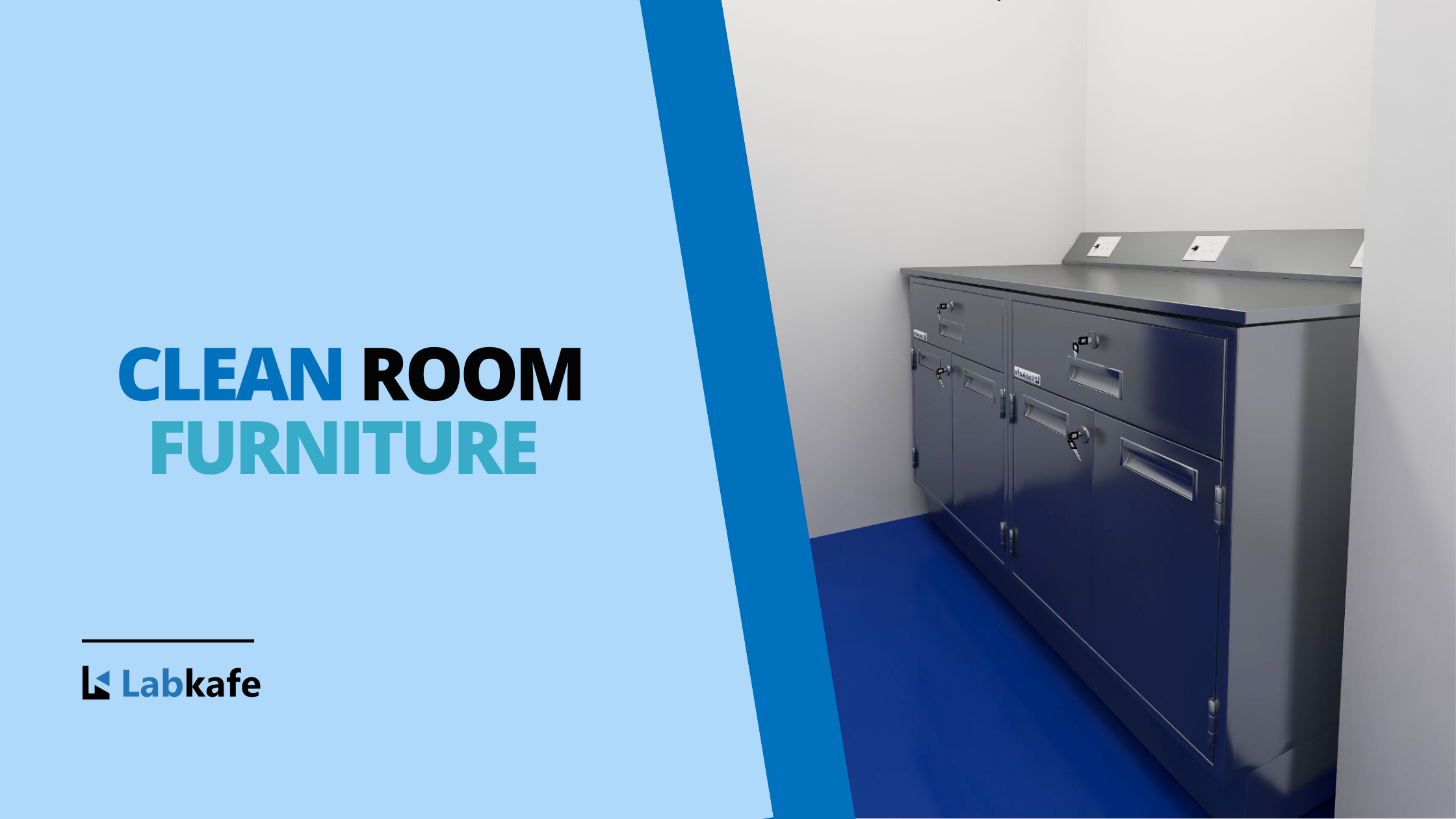
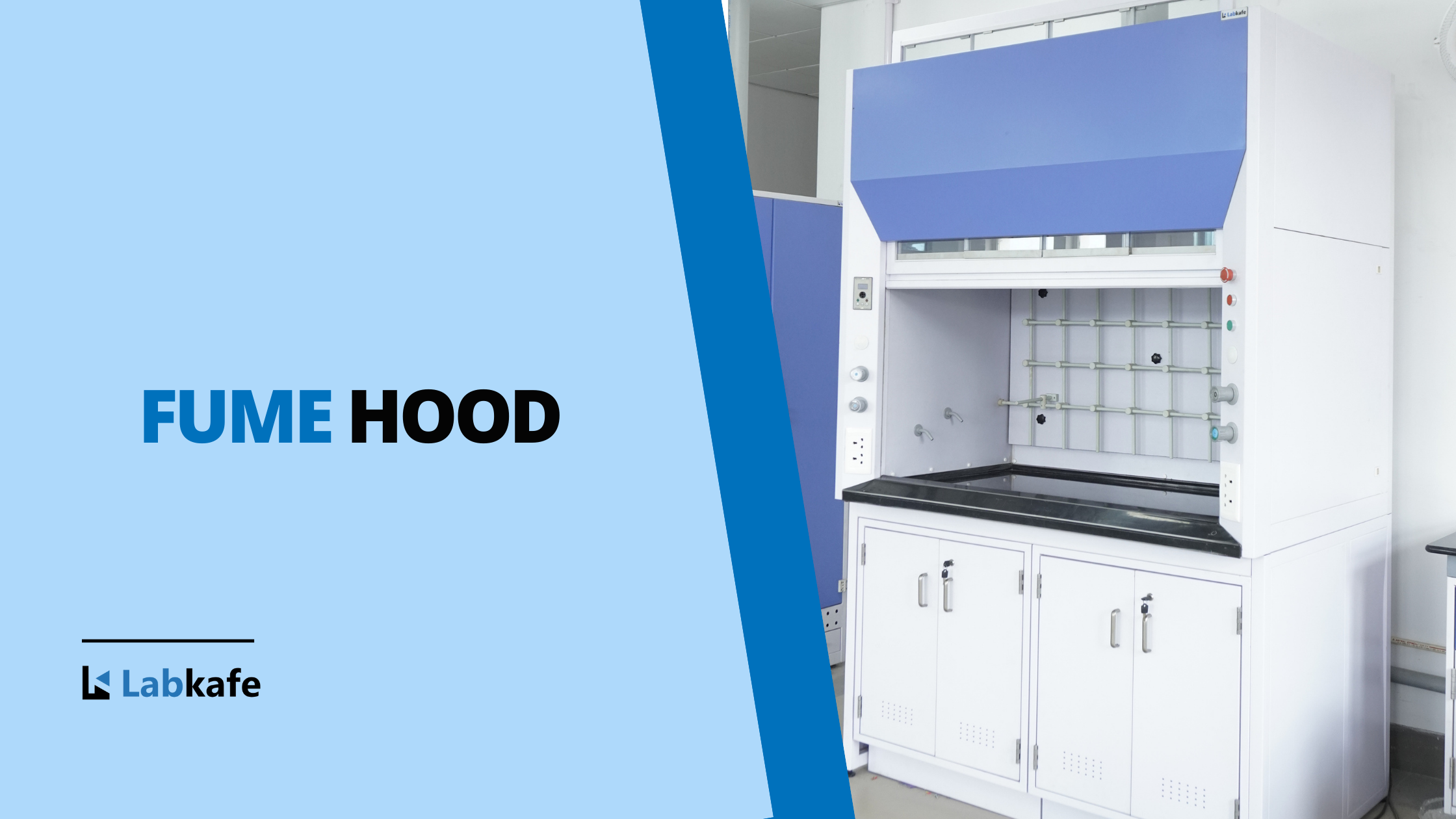

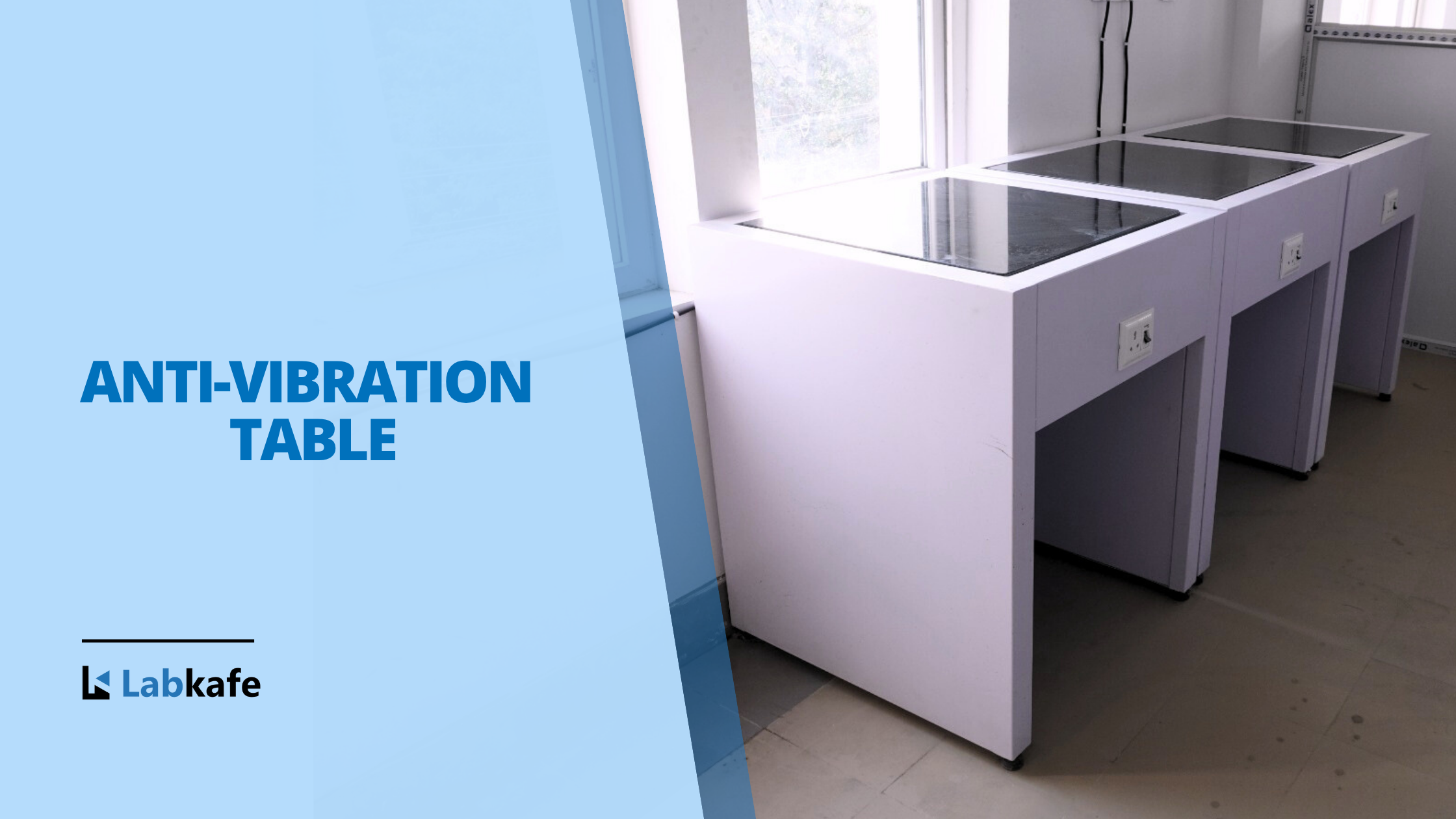
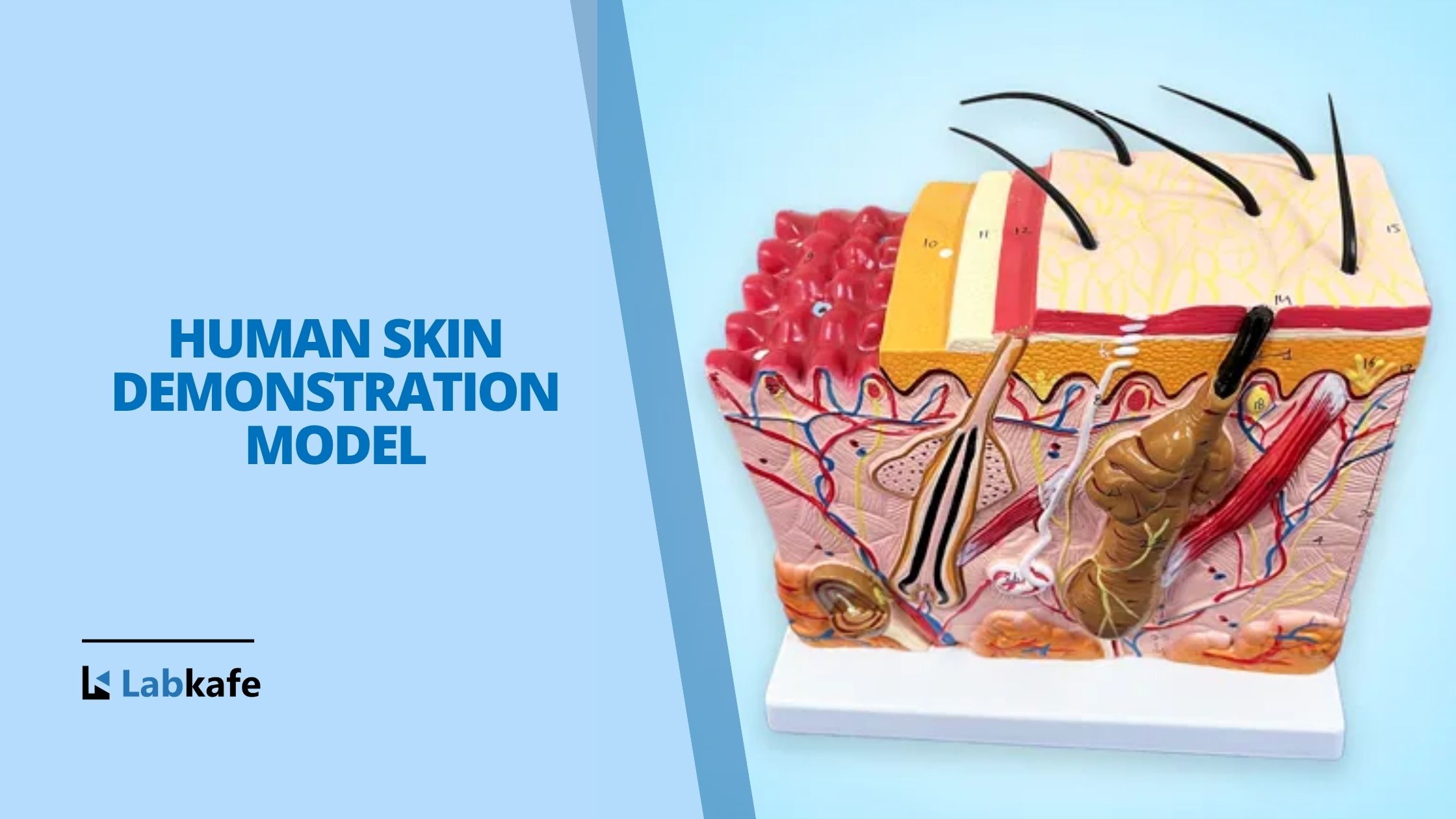

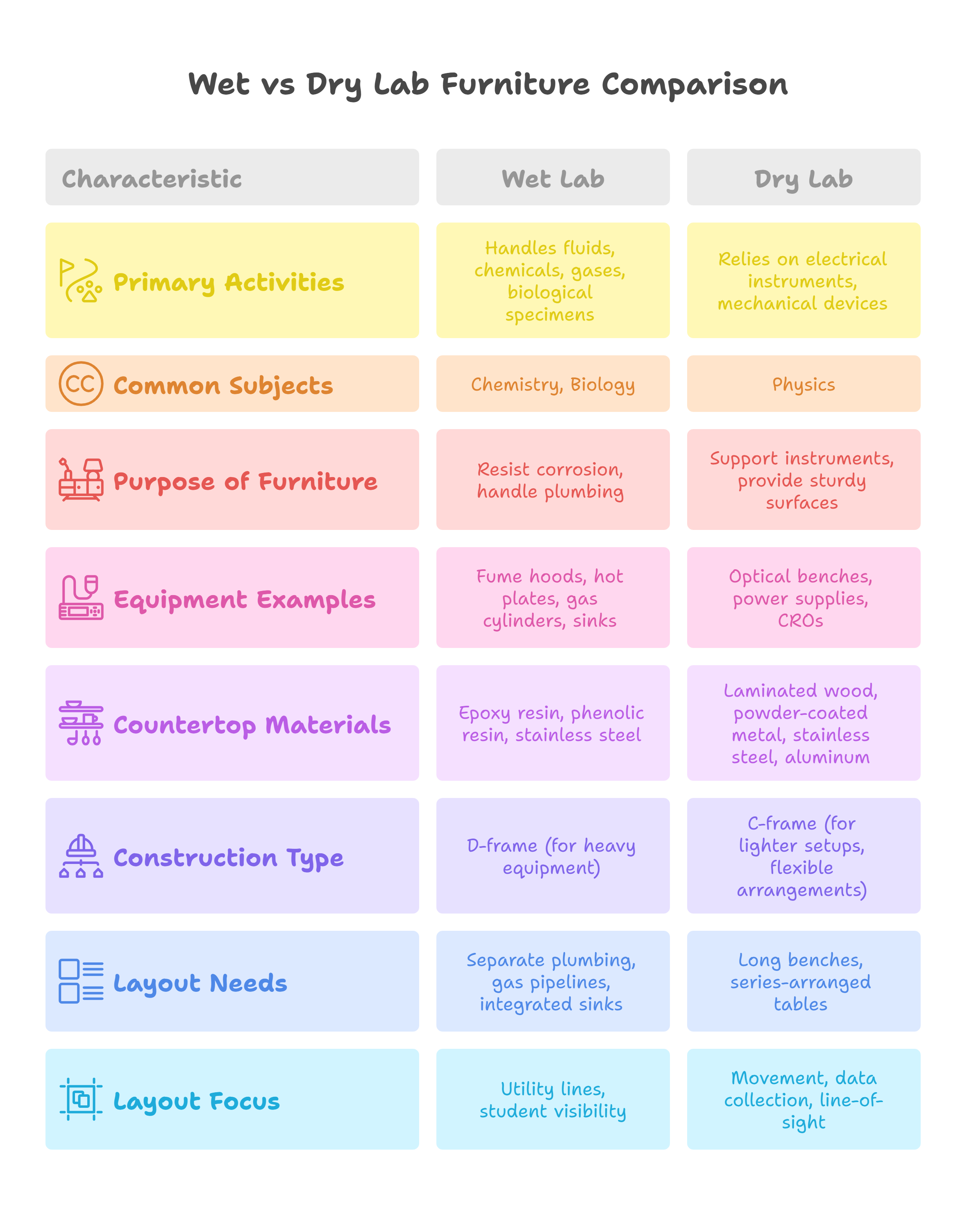
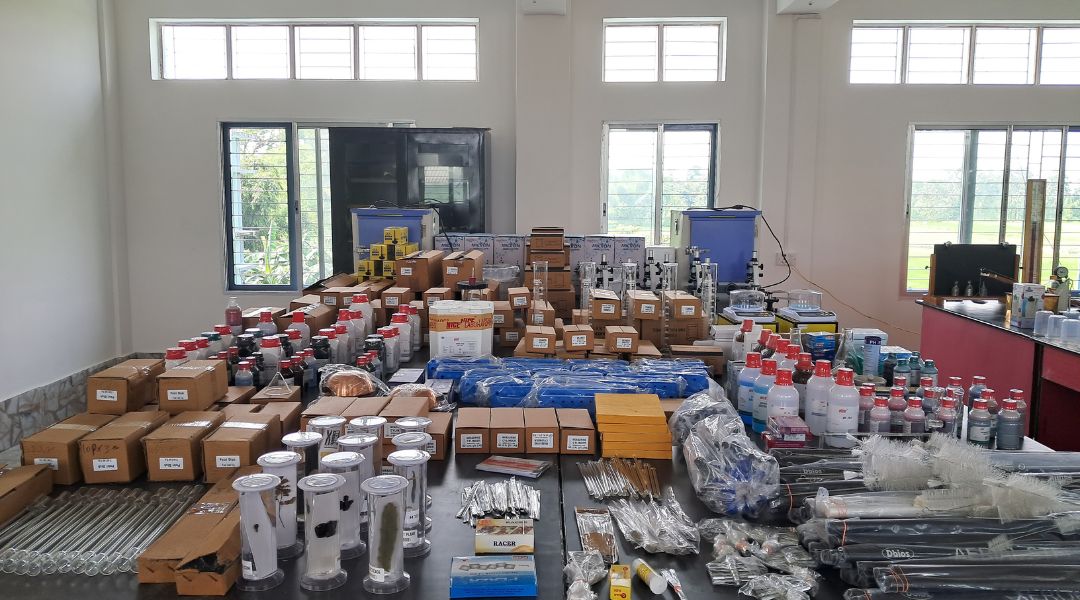
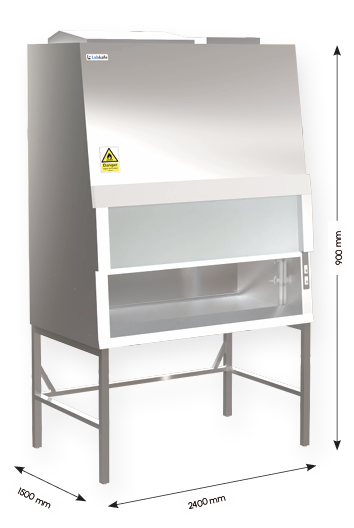
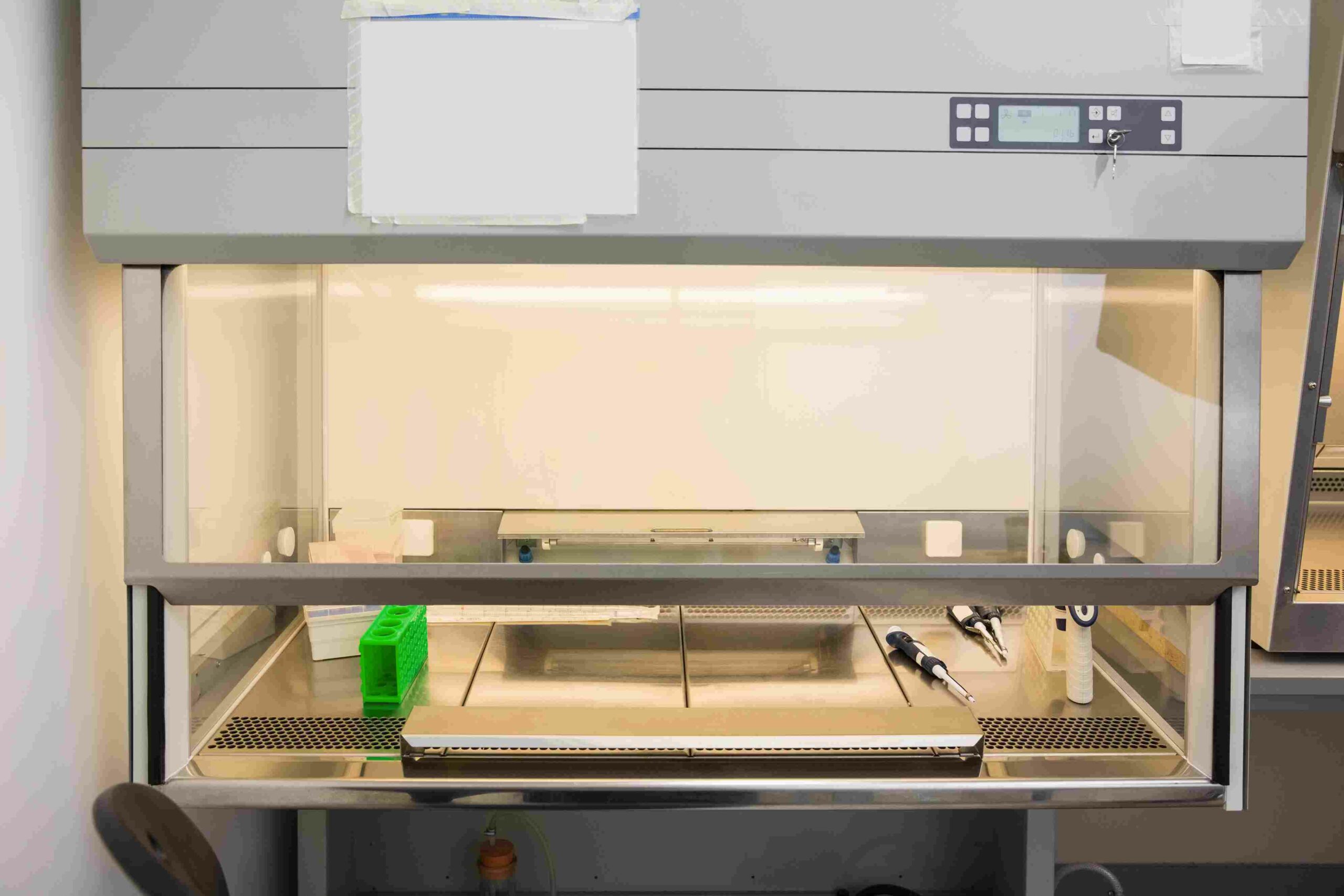
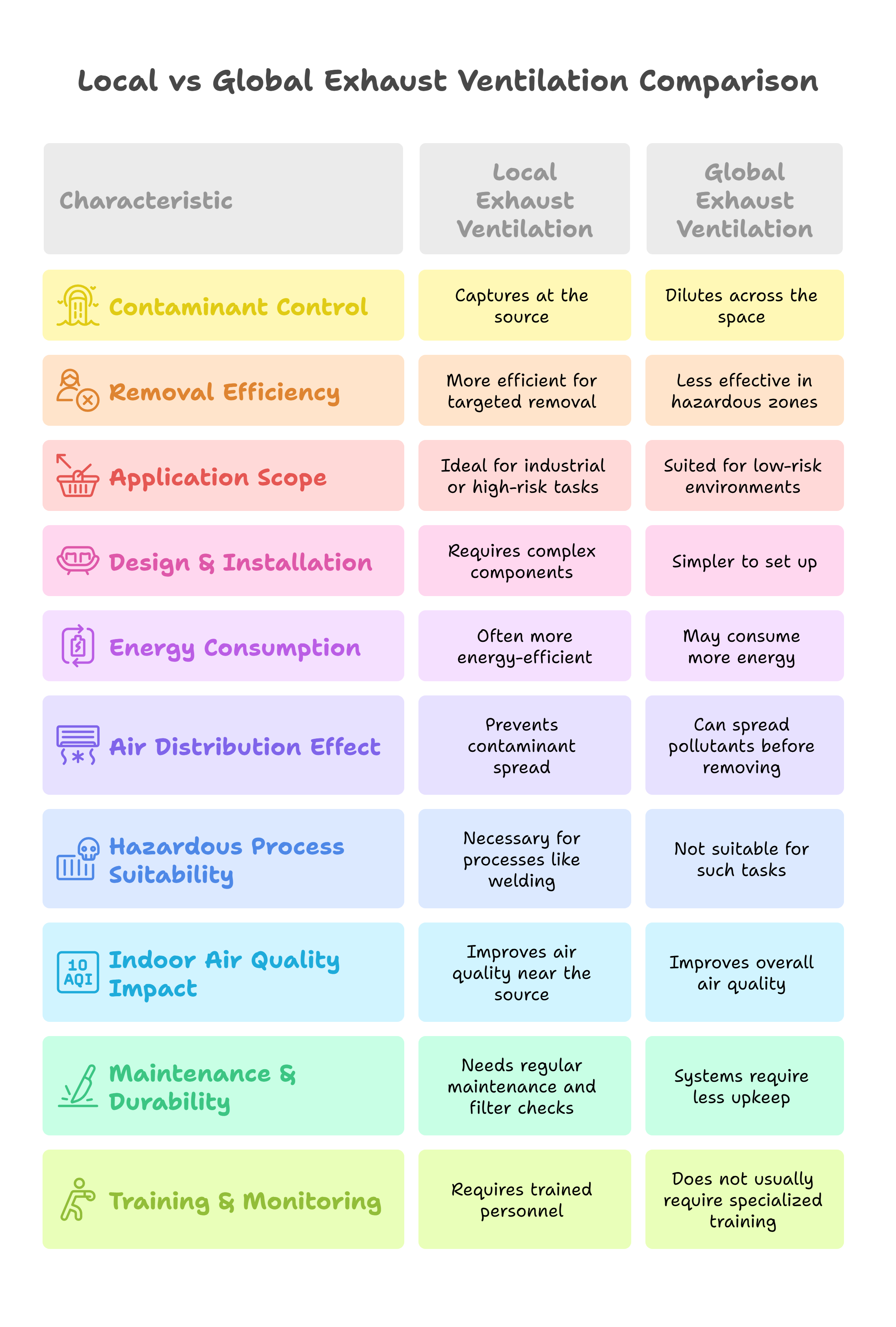
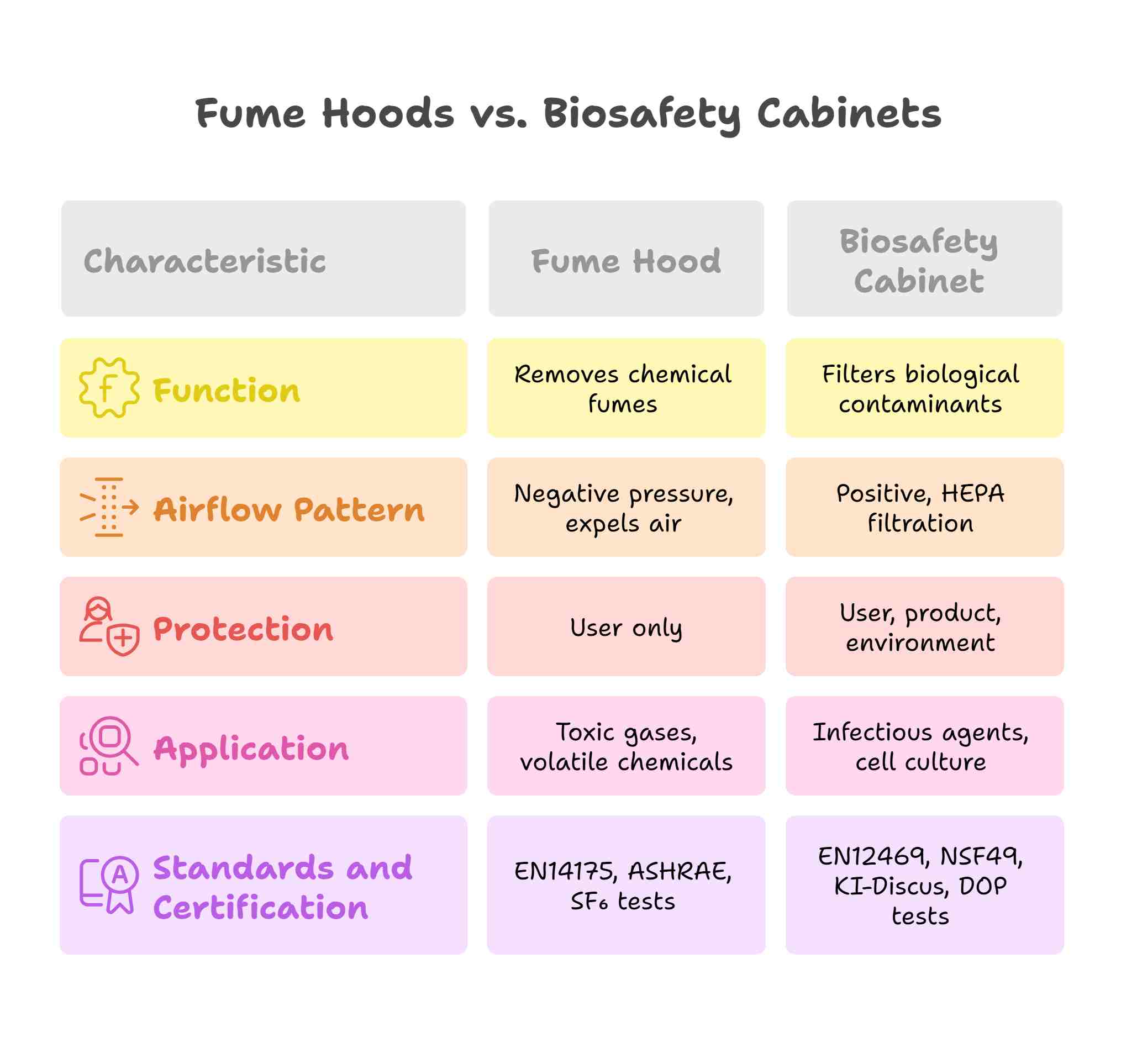
Leave a Reply